While we expect our doctors and medical providers to make the best decisions and to provide treatment that will improve our health, this does not always happen. Sometimes healthcare professionals make avoidable mistakes that end up causing patients to suffer additional harm. In many cases of medical malpractice, patients have a gut feeling that something has gone wrong with their treatment. Unfortunately, many patients who suspect that mistakes have been made learn all too late that they have been the victim of medical malpractice.
Here are some common signs of negligent medical care to be aware of when you seek treatment.
Treatment Is Not Effective
If you have been following your doctor’s treatment plan and recommendations to the letter but your condition is not improving, that is often a sign that you have been misdiagnosed. It also might mean that your doctor has chosen the wrong treatment option for your condition if you have been correctly diagnosed.
You Were Diagnosed with a Serious Condition after Minimal Testing
Serious, life-threatening illnesses such as cancer are usually only diagnosed after extensive diagnostic testing. If your doctor has only performed a cursory examination and ordered basic tests and has diagnosed you with a serious medical condition, you might have been misdiagnosed.
Conversely, if you are experiencing acute, debilitating symptoms and your doctor has not ordered any tests or has only ordered basic diagnostic testing, that may be a sign that they are not taking your complaints and symptoms seriously and you may be at risk of being misdiagnosed.
You Received a Contrary Second Opinion
If you sought a second opinion after receiving a diagnosis from your primary provider, and the second doctor reached a different diagnosis, then your primary provider may have misdiagnosed you. If you receive contrary diagnoses, you may want to consider seeking a third opinion to determine which diagnosis might be correct.
The Hospital Seems Understaffed
When you seek treatment at a hospital or other medical facility and it takes a long time to receive care, that might be a sign that the facility is understaffed, especially if it doesn’t seem busy. Unfortunately, understaffing is a major risk factor for medical malpractice.
You Develop New Symptoms After Surgery
If you undergo surgery or another invasive procedure for a medical condition or illness, but then you begin to experience new symptoms after surgery – especially symptoms that you were not informed of as potential side effects or complications of the surgery – that might be a sign that an error occurred during your surgery or procedure.
Your Provider Does Not Follow Up
After you have seen the doctor for worrisome symptoms or other complaints, or after you are discharged from the hospital or other medical facility, your doctors should follow up with you to see if your symptoms have gotten any better or to see if you may be suffering complications after a surgery or other procedure or after receiving care in the hospital. In addition, if your doctor mentions that they want to perform additional testing but never contacts you to schedule those tests, that may be a sign of medical malpractice.
Contact A Medical Malpractice Attorney for a Consultation About Your Case in New Jersey
Were you or a loved one injured due to medical malpractice in New Jersey? Then you need to talk to an experienced medical malpractice lawyer as soon as possible for guidance on how to proceed. The Haddonfield medical malpractice attorneys at The Law Offices of Andres, Berger & Tran P.C. are prepared to assist you with your legal claim. We represent victims of negligent surgeons, doctors, nurses, and pharmacists throughout New Jersey, including Cherry Hill, Voorhees, Mt. Holly, and Collingswood. Call us today at (856) 795-1444 or fill out our online contact form to schedule a consultation. Our main office is located at 264 Kings Hwy. E., Haddonfield, NJ 08033.
The articles on this blog are for informative purposes only and are no substitute for legal advice or an attorney-client relationship. If you are seeking legal advice, please contact our law firm directly.













